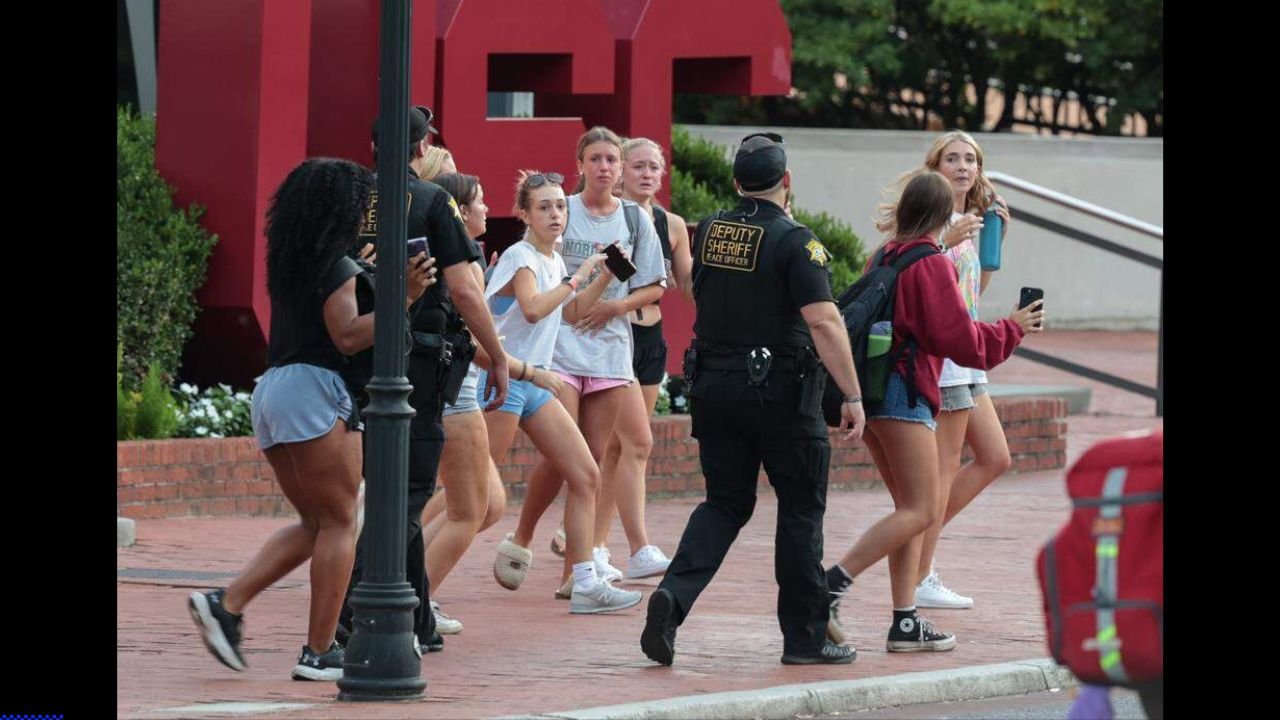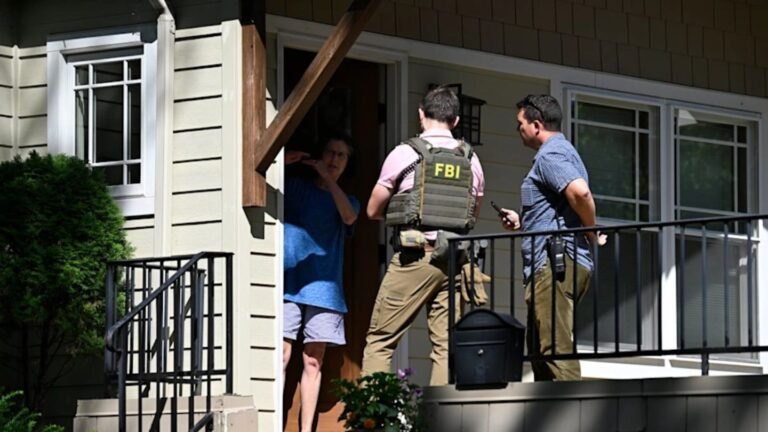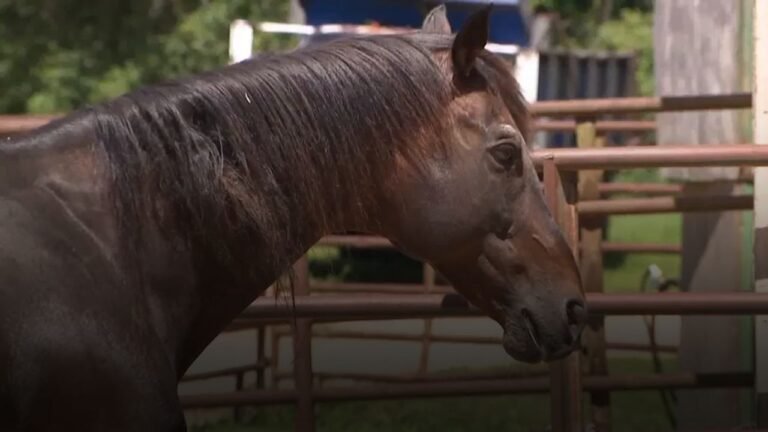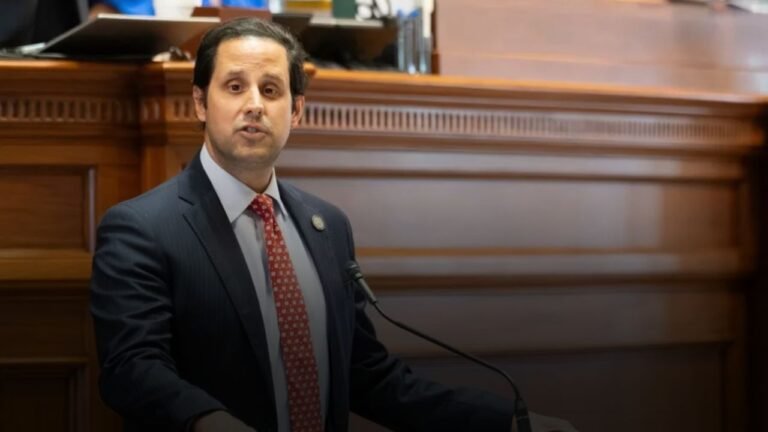South Carolina Attorney General Says Online Group ‘Purgatory’ Orchestrated USC Active Shooter Hoax
COLUMBIA, SOUTH CAROLINA – South Carolina Attorney General Alan Wilson confirmed this week that an online group known as Purgatory was responsible for the August 24 hoax active shooter reports at the University of South Carolina, which sent the Columbia campus into lockdown and caused panic among students and staff.
Hoax Shooter Calls Triggered Campus Chaos
On August 24, USC’s dispatch line received two separate calls around 6:30 p.m., reporting gunfire near the Thomas Cooper Library. The calls included background sounds resembling gunshots, which investigators now believe were generated by artificial intelligence.
As a precaution, police ordered students to evacuate and shelter in place while the campus was placed on lockdown. By 7:15 p.m., officials said there was no evidence of a shooter, and at 8:05 p.m., the university issued an all-clear.
Deputy Police Chief Scott Prill later explained: “We could not find an active shooter. We did find people who said they heard something that could have been gunshots. We didn’t find any shell casings.”
Attorney General Blames “Purgatory”
Attorney General Wilson said research linked the calls to Purgatory, described as an online gore-seeking group notorious for violent pranks and criminal activity. The Center for Internet Security and the Institute for Strategic Dialogue both tied the group to similar hoax calls at other universities, including Villanova, the University of Tennessee at Chattanooga, the University of Arkansas, and Iowa State.
“I’ve spoken to USC President Michael Amiridis, and he has my full support to do what is necessary to protect our students and keep our campuses safe,” Wilson said. “I will continue to warn young people and parents about the dangers of these online criminal groups.”
Connected to Violent Online Subculture
Wilson also linked Purgatory to 764, a transnational online network that promotes child exploitation, self-harm, and violent content. According to extremism researchers, groups like 764 and Purgatory encourage members—often teenagers themselves—to coerce others into creating bloody videos, child sexual abuse material, animal torture content, or even suicide recordings.
The groups are also known for swatting and making bomb threats, aiming to provoke armed police responses while spreading fear.
Federal and State Investigations
The South Carolina Law Enforcement Division (SLED) and USC police are still investigating. The FBI’s Columbia field office confirmed the hoax falls under federal jurisdiction due to its use of cellphones and the internet, though no arrests have been made yet.
USC spokesperson Jeff Stensland praised the rapid response of first responders: “Swatting is not a harmless prank, and we thank the Attorney General for helping to inform the public about these groups that seek to inflict pain and create fear.”
Do you believe harsher penalties should be imposed for swatting hoaxes that endanger lives and disrupt universities? Share your views with us at SaludaStandard-Sentinel.com.







